Public Wi-Fi networks with free access and ease of use are becoming a popular choice in many public places. However, that “ease of use” feature also poses many security risks. According to a report from VOV, when users connect to open or unknown Wi-Fi hotspots, they can become targets for personal information theft such as passwords, bank accounts or be infected with malware without knowing it.
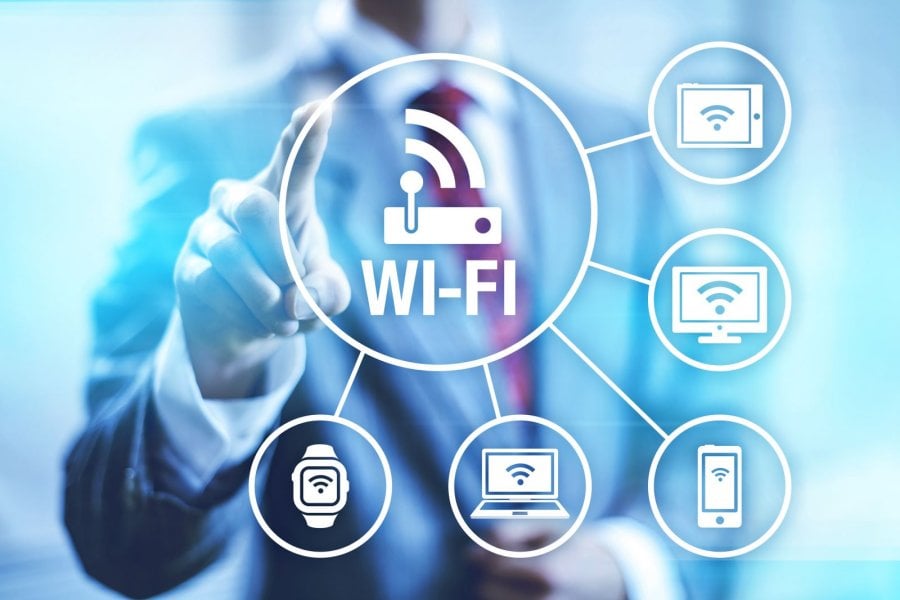
(Illustration)
The impact of connecting to public Wi-Fi networks goes beyond information disclosure. Many people who use public networks to access banking services or shop online have lost money. One case was recorded where a user made a payment at a coffee shop, then discovered that the account had been deducted without a clear reason. In the analysis, this activity was attributed to the unsecured Wi-Fi connection, which led to the capture of login information or redirection to fake sites.
Given this situation, experts recommend that users limit their connection to public Wi-Fi networks when making important transactions such as transferring money or logging into bank accounts. A safer option is to use mobile networks or use a virtual private network (VPN) to encrypt the connection.
In addition, clearly displaying the option to “do not allow automatic connection” to new Wi-Fi networks, not accessing sensitive information when using open Wi-Fi networks, and not downloading or installing applications while connected to public networks are also practical measures to help protect individuals.
Being aware of the risks and practicing safe behaviors can help users reap the benefits of public Wi-Fi without getting hurt. While encryption and security technology continues to evolve, user awareness remains the first and most effective line of defense against cyberattacks via public Wi-Fi.
Source: https://doanhnghiepvn.vn/cong-nghe/su-dung-wi-fi-cong-cong-khi-tien-ich-nhanh-chong-tro-thanh-hiem-hoa-cho-du-lieu-ca-nhan/20251104114603832


![[Photo] The road connecting Dong Nai with Ho Chi Minh City is still unfinished after 5 years of construction.](https://vphoto.vietnam.vn/thumb/1200x675/vietnam/resource/IMAGE/2025/11/04/1762241675985_ndo_br_dji-20251104104418-0635-d-resize-1295-jpg.webp)
![[Photo] Ca Mau "struggling" to cope with the highest tide of the year, forecast to exceed alert level 3](https://vphoto.vietnam.vn/thumb/1200x675/vietnam/resource/IMAGE/2025/11/04/1762235371445_ndo_br_trieu-cuong-2-6486-jpg.webp)

![[Photo] Ho Chi Minh City Youth Take Action for a Cleaner Environment](https://vphoto.vietnam.vn/thumb/1200x675/vietnam/resource/IMAGE/2025/11/04/1762233574890_550816358-1108586934787014-6430522970717297480-n-1-jpg.webp)
![[Photo] Panorama of the Patriotic Emulation Congress of Nhan Dan Newspaper for the period 2025-2030](https://vphoto.vietnam.vn/thumb/1200x675/vietnam/resource/IMAGE/2025/11/04/1762252775462_ndo_br_dhthiduayeuncbaond-6125-jpg.webp)



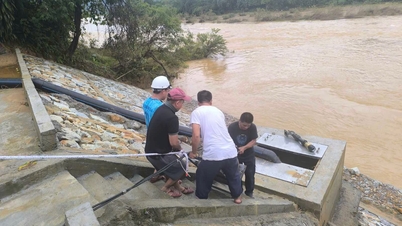









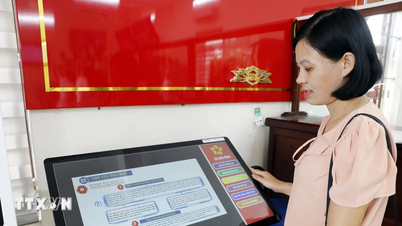



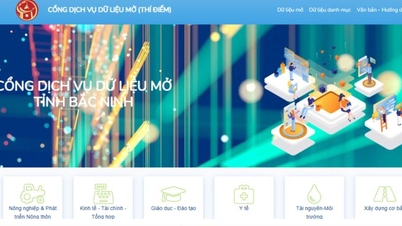







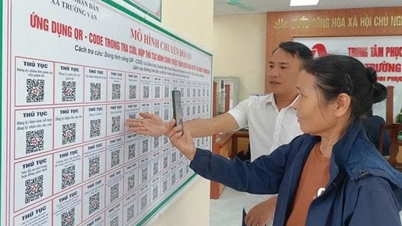










































































Comment (0)